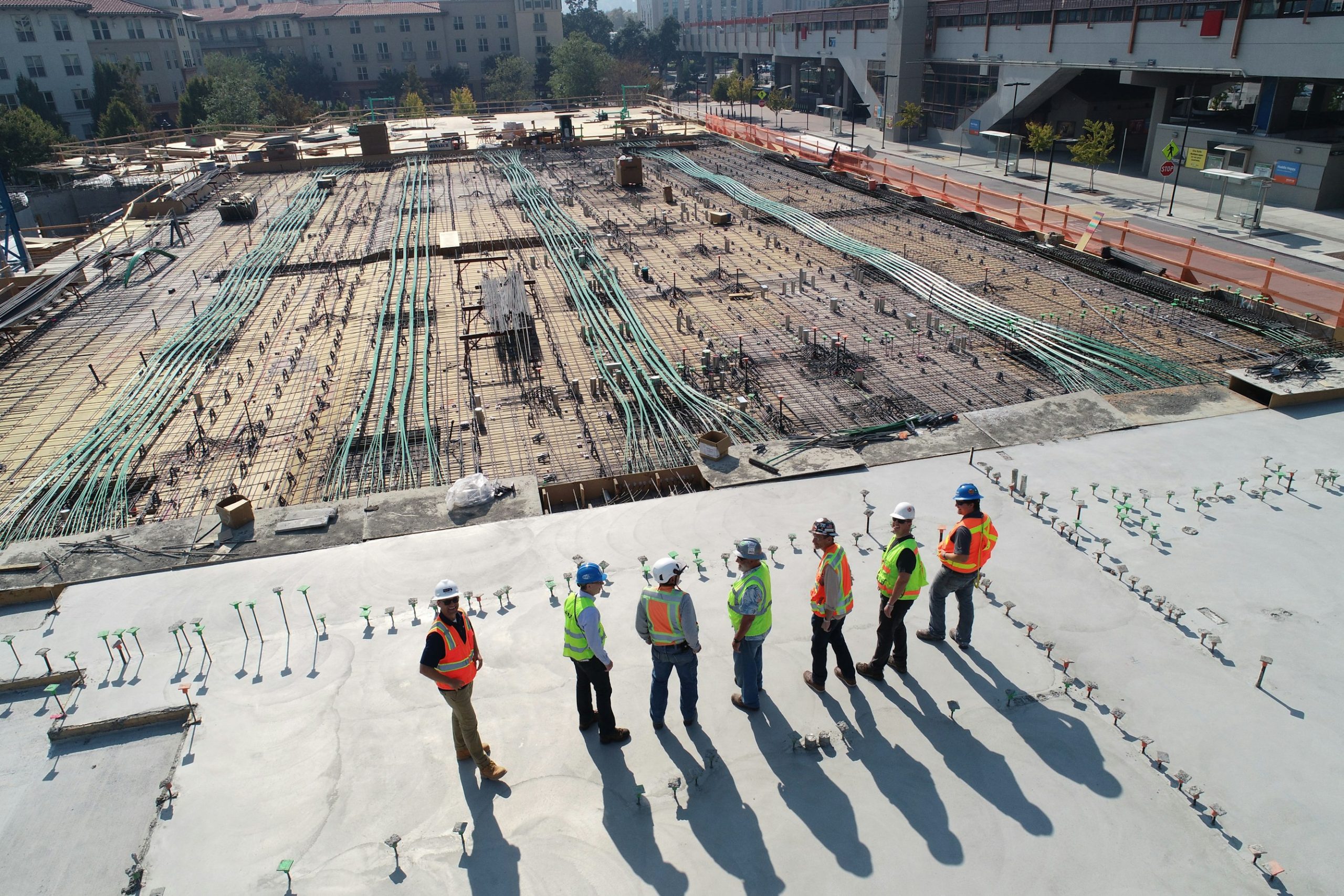Managing Site Risks During Authority Delays
Authority delays in construction projects occur when the necessary permits, approvals, and compliance with regulatory requirements are not obtained in a timely manner. These delays can significantly disrupt the project flow, impacting timelines, budgets, and overall project success. Understanding and managing these risks is vital for construction project managers to ensure efficiency and profitability.
Understanding Authority Delays
Authority delays stem from various processes associated with securing permits and approvals which can often be unpredictable. They create a ripple effect throughout the construction schedule, leading to unexpected interruptions and increased project costs. Recognizing the root causes of these delays allows project teams to implement strategies to manage and mitigate risks accordingly.
Causes of Authority Delays
- Inadequate Planning: A lack of thorough planning and comprehensive knowledge about regulatory frameworks can lead to delays in obtaining necessary approvals and permits. This often includes failing to conduct an in-depth study of regulatory requirements.
- Regulatory Changes: Abrupt changes in building codes or local regulations can complicate projects, requiring additional time to reassess and comply with the new requirements.
- Insufficient Communication: Poor communication with local authorities can hinder the inspection and approval process, leading to preventable setbacks.
Consequences of Authority Delays
The consequences of authority delays can be far-reaching and detrimental to project success:
- Timeline Extensions: Projects may exceed their planned schedules, leading to overall delivery mismatches and potential penalties.
- Budget Overruns: Increased costs from extended project durations can strain budgets due to idle resources and unforeseen expenses.
- Strained Stakeholder Relationships: Managing relationships among stakeholders, including clients, contractors, and regulatory bodies, becomes more challenging during delays, potentially leading to conflicts.
Mitigation Strategies
To effectively manage site risks during authority delays, several strategies can be employed:
- Proactive Planning: Conduct thorough research on regulatory requirements and anticipate potential delays. Engaging with local authorities early in the planning phase can facilitate a smoother approval process.
- Regular Communication: Maintaining open and effective communication with local authorities ensures that all parties are informed and aligned. This effort can help in identifying and resolving issues promptly.
- Technology Integration: Utilize construction management software, such as Zepth, to streamline the approval process, track regulatory changes, and enhance communication between stakeholders. Zepth helps manage risks by providing real-time updates and facilitating better project coordination.
Best Practices
Your construction project can achieve greater efficiency and compliance by considering the following best practices:
- Early Engagement with Authorities: Engaging with local authorities early in the project lifecycle allows teams to understand requirements and timelines, thereby avoiding last-minute surprises and delays.
- Continuous Monitoring: Regularly monitor the approval process and be prepared to adapt to any changes in regulatory requirements, ensuring compliance at every stage.
- Risk Assessment and Management: Conduct regular risk assessments to identify potential delays and develop mitigation plans accordingly. Having contingency plans in place is essential to manage unexpected hold-ups.
The Role of Zepth in Managing Site Risks
Zepth plays a pivotal role in managing site risks during authority delays:
- Streamlining Approval Processes: Zepth’s platform facilitates tracking and managing the approval process, ensuring that all necessary permits and approvals are obtained punctually.
- Enhancing Communication: The platform helps facilitate better communication among stakeholders, including local authorities, which can resolve issues quickly, preventing delays.
- Real-Time Monitoring: Zepth provides real-time updates and insights, enabling project teams to monitor the project’s progress and make informed decisions to mitigate risks effectively.
By leveraging these strategies and tools, construction teams can better manage site risks during authority delays, ensuring projects stay on track and meet intended timelines and budgets. For more insights on how Zepth can enhance your construction management experience, check out our construction management solutions.




